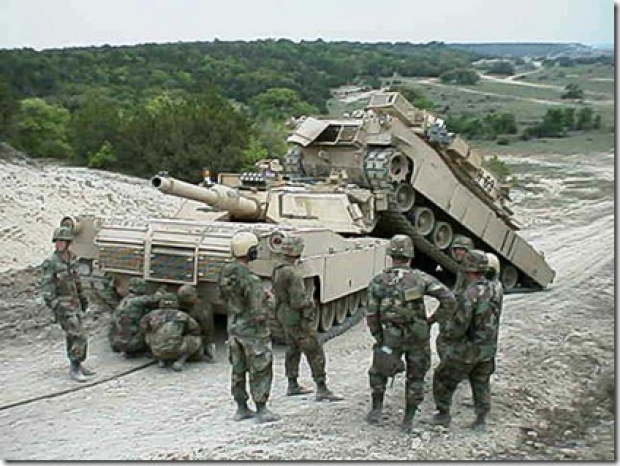A report by a US-based think tank about how China’s military might leverage its country’s rapid advances in artificial intelligence to modernise its armed forces is putting the fear of god into US military strategists.
Elsa Kania at the Center for a New American Security (CNAS) wrote that China was no longer in a position of technological inferiority relative to the United States but rather has become a true peer (competitor) that may have the capability to overtake the United States in AI.
Future US-China competition in AI, Kania wrote, “could alter future economic and military balances of power”.
The report's conclusions are backed by Alphabet Executive Chairman Eric Schmidt, who heads a Pentagon advisory board which delivered a similar warning about China’s potential at a recent gathering in Washington.
Schmidt noted that China’s national plan for the future of artificial intelligence, announced in July, calls for catching up to the United States in the coming years and eventually becoming the world’s primary AI innovation center.
“I‘m assuming that our lead will continue over the next five years and that China will catch up extremely quickly. So, in five years we’ll kind of be at the same level, possibly”, Schmidt said told the conference, which was also hosted by CNAS.
The CNAS report noted Chinese acquisitions and said Beijing faces hurdles to forging a domestic AI industry to rival the United States, including recruiting top talent.
Schmidt, however, expressed confidence in China’s ability.
“If you have any kind of ... concern that somehow their system and educational system is not going to produce the kind of people that I‘m talking about, you’re wrong”, he said.
Artificial intelligence, which promises to revolutionize transportation with the advent of self-driving cars and bring major advances to medicine, is also expected to have military applications that could alter the battlefield.
Some machine learning technology is already being applied to a Pentagon project that aims to have computers help sift through drone footage, reducing the work for human analysts.
China’s People’s Liberation Army is also investing in a range of AI-related projects and PLA research institutes are partnering with the Chinese defense industry, the report said, citing publicly available documents.
“The PLA anticipates that the advent of AI could fundamentally change the character of warfare”, the report said.




